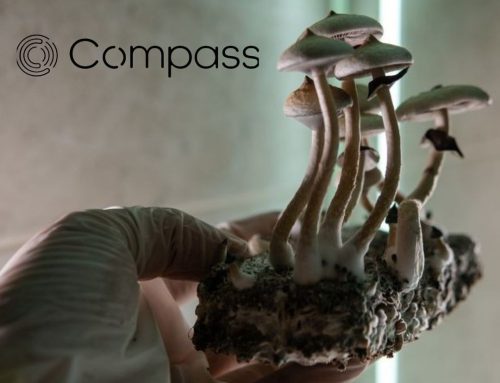Psilocybin Review Points to Rapid Relief for Treatment-Resistant Depression
LOS ANGELES – A new systematic review of clinical studies underscores psilocybin’s potential to deliver quick and lasting reductions in depressive symptoms, offering a targeted option for patients who see little benefit from standard medications.
The analysis, published this month in journal Acta Neuropsychiatrica, examined 20 studies involving more than 850 participants with major depressive disorder or treatment-resistant depression.
Researchers found that psilocybin, the active compound in psilocybin-containing [or so-called “magic”] mushrooms, produced large antidepressant effects, often measured by drops in scores on scales like the Montgomery-Åsberg Depression Rating Scale, after just one or two guided sessions.
Effect sizes reached Cohen’s d-values of 2.5 in some trials, indicating strong clinical impact, with benefits holding steady for up to a year in follow-up data. These outcomes held across randomized controlled trials and open-label designs, where patients received doses ranging from 10 to 25 milligrams alongside psychological support.
At the core of psilocybin’s action lies the 5-HT2A serotonin receptor, which the review identifies as a primary driver. Activation of this receptor in brain regions like the prefrontal cortex sparks neuroplasticity, rewiring neural connections that underpin mood regulation, distinct from the slower mechanisms of selective serotonin reuptake inhibitors. One study in the review showed 72% receptor occupancy correlating directly with symptom relief, while blocking the receptor with an antagonist erased the benefits. For the roughly one-third of depression patients unresponsive to conventional drugs, this points to a mechanism that could fill a clear gap, though the review stresses the need for standardized protocols to confirm scalability.
Recent data reinforces these findings. A July meta-analysis of psilocybin trials revealed that even control groups experienced some symptom improvement, but active treatment groups far outpaced them, with remission rates climbing to 67% in long-term tracking averaging over five years. Separate 2025 trials at institutions like UCSF are now testing psilocybin for depression linked to Parkinson’s disease, while a June study on U.S. military veterans reported 60% response rates persisting months after a single dose. On the regulatory front, the FDA has fast-tracked analogs like Cybin’s CYB003 since 2024, with phase 3 trials underway and possible approvals eyed for 2026 or later.
Yet challenges remain. The reviewed studies leaned on small, mostly white samples from Western settings, raising questions about broader applicability. Variability in dosing and follow-up periods also complicated direct comparisons, and while side effects like transient anxiety proved mild in supervised environments, rare instances of heightened ideation warrant vigilance. Larger, diverse trials will be essential to address these, especially as insurance coverage expands – Australia’s Medibank, for instance, recently added psilocybin for resistant cases.
The trajectory here signals measured progress: psilocybin’s evidence base is solidifying, but integration into routine care depends on resolving those evidentiary loose ends. For investors and providers alike, it’s a reminder that true market traction demands rigorous validation over early enthusiasm.



































